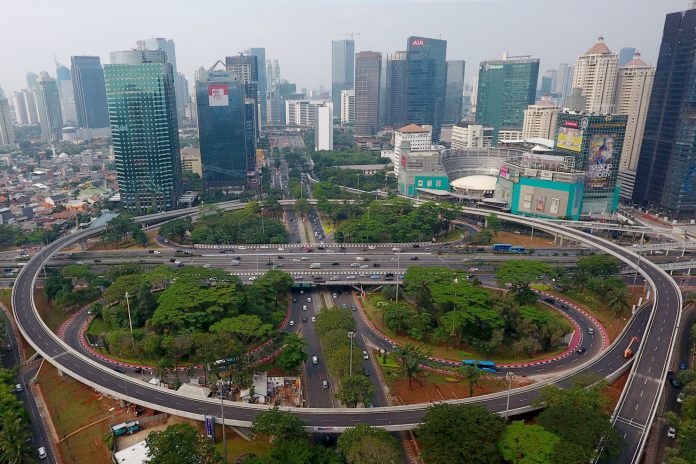Indonesia has announced plans to significantly ramp up imports from the United States—potentially by up to $19 billion—as it seeks to neutralize its trade surplus with Washington and avoid a proposed 32% tariff on its exports.
Speaking during a visit to Washington, Indonesia’s chief economic minister Airlangga Hartarto said the government would shift purchases away from other countries to the U.S., particularly in the areas of energy, agriculture, and capital goods.
“We will increase our imports of wheat, soybeans, soybean meal, and capital goods from the United States,” Hartarto said during a press conference held via video link. He added that around $10 billion of the proposed increase would go toward energy imports.
The announcement comes as part of negotiations with U.S. officials, after the implementation of a 32% tariff on Indonesian exports was temporarily paused for 90 days. Both countries have agreed to finalize talks within 60 days, following meetings with the U.S. Trade Representative and the Secretary of Commerce.
Industry reaction in Indonesia has been cautiously supportive. Ratna Sari Lopis, executive director of the Indonesian Wheat Flour Producers Association, told Reuters, “We will support the government’s decision, as long as market prices and competitiveness are aligned.”
According to the association’s data, in 2024, Australia supplied 40% of Indonesia’s wheat imports, followed by Ukraine at 26% and Canada at 16%. The U.S. accounted for less than 4% of wheat imports, although it dominated the soybean trade, providing nearly 89% of Indonesia’s total soybean imports last year.
In addition to trade realignment, Hartarto said Indonesia would also work to simplify procedures for American horticultural products and provide greater regulatory support for U.S. companies operating in Indonesia, including facilitating permits and offering incentives.
The strategic shift reflects Indonesia’s attempt to safeguard trade ties with the U.S. while managing the impact of tariffs on its export-reliant economy. The country also plans to collaborate on critical minerals, a sector increasingly central to global supply chains and geopolitical competition.
With negotiations continuing, both sides aim to avoid a rupture in bilateral trade relations that could affect key sectors including agriculture, energy, and manufacturing.




